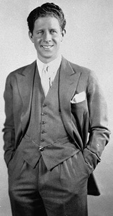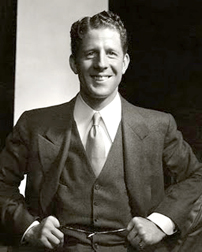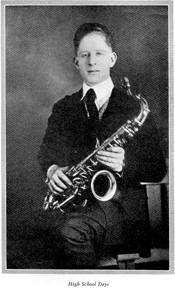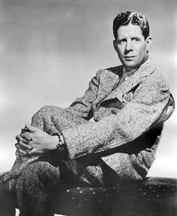In Chapter 20 of his 1930 memoir, Vagabond Dreams Come True, Rudy Vallée recalls his lonely youth when gals didn’t always appreciate what he had to offer them and explores the impact that fame can have in the arena of romance.
“That’s My Weakness Now”
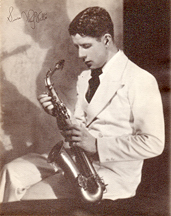 In speaking of that passion or feeling known as anger or temper, I have found that nearly everyone seems to take a certain foolish pride in saying that they have quite a temper when once aroused. And yet, I find these people unusually docile, easy to get along with, and very tractable. It is true that, sufficiently aroused, they are provoked to anger. But in my mind, the person who really has a temper is one who, on he slightest provocation, or on no provocation at all, flies into an ungovernable rage. In the same spontaneous way does this same feeling or passion manifest itself through music and the sex impulse.
In speaking of that passion or feeling known as anger or temper, I have found that nearly everyone seems to take a certain foolish pride in saying that they have quite a temper when once aroused. And yet, I find these people unusually docile, easy to get along with, and very tractable. It is true that, sufficiently aroused, they are provoked to anger. But in my mind, the person who really has a temper is one who, on he slightest provocation, or on no provocation at all, flies into an ungovernable rage. In the same spontaneous way does this same feeling or passion manifest itself through music and the sex impulse.
